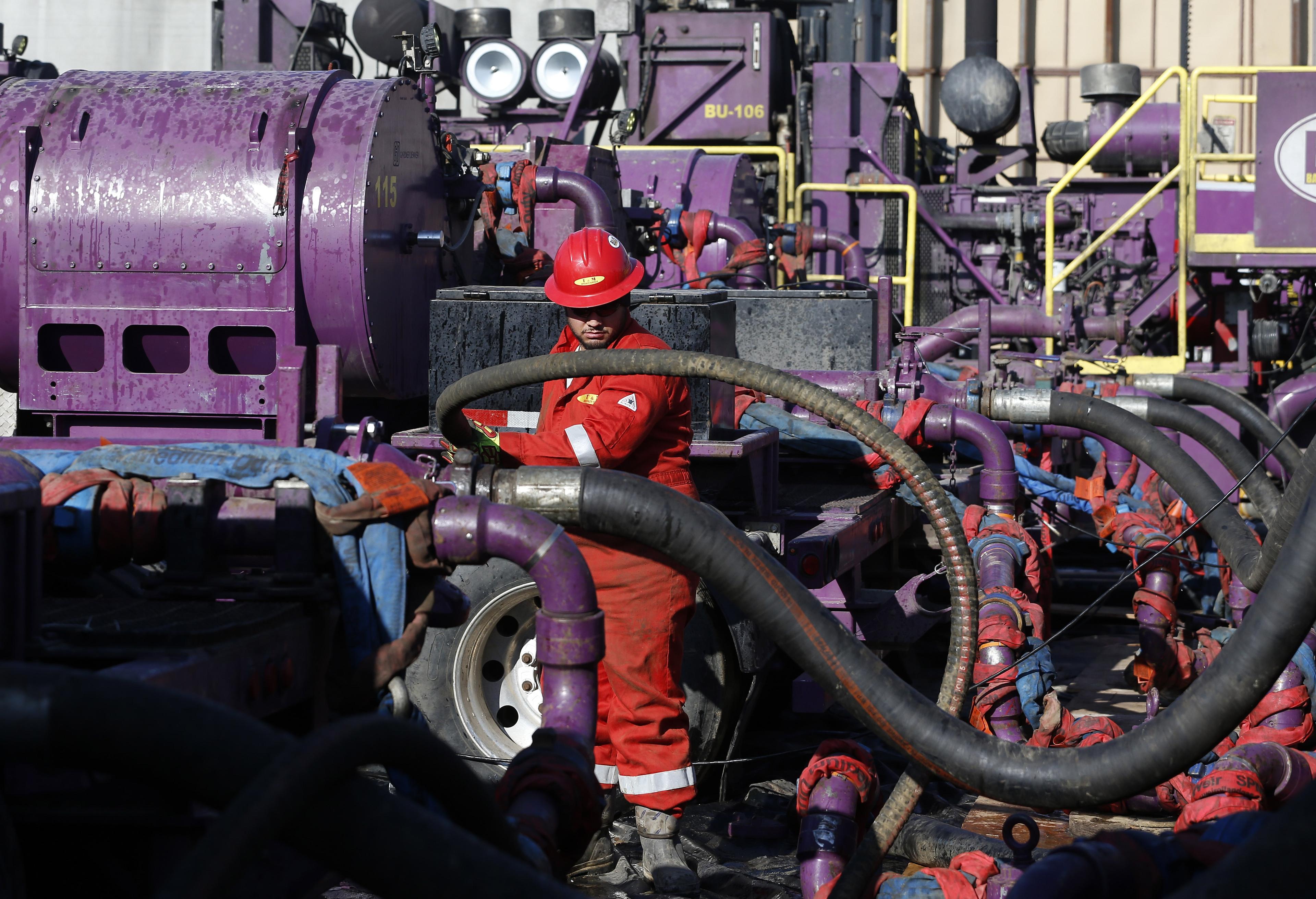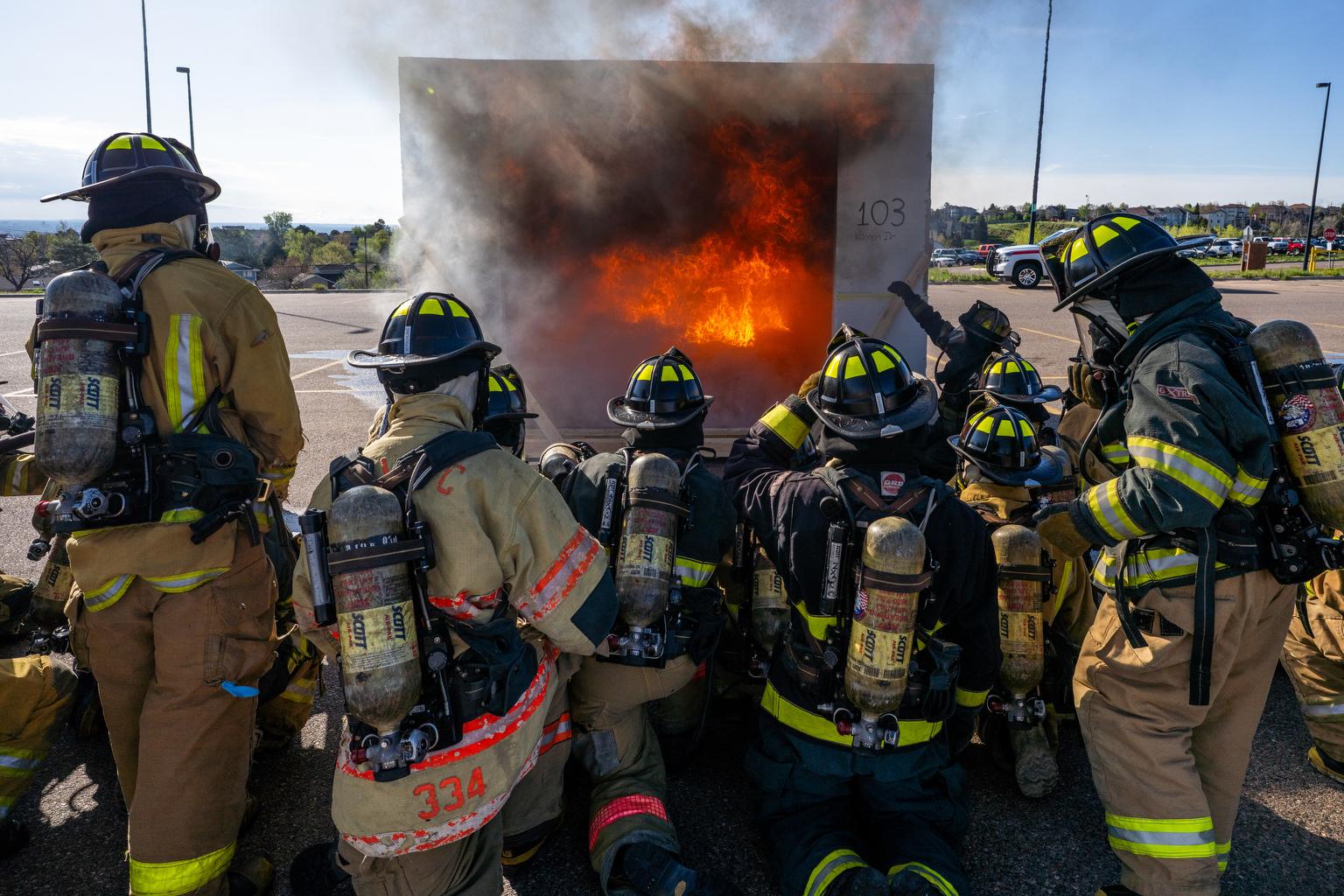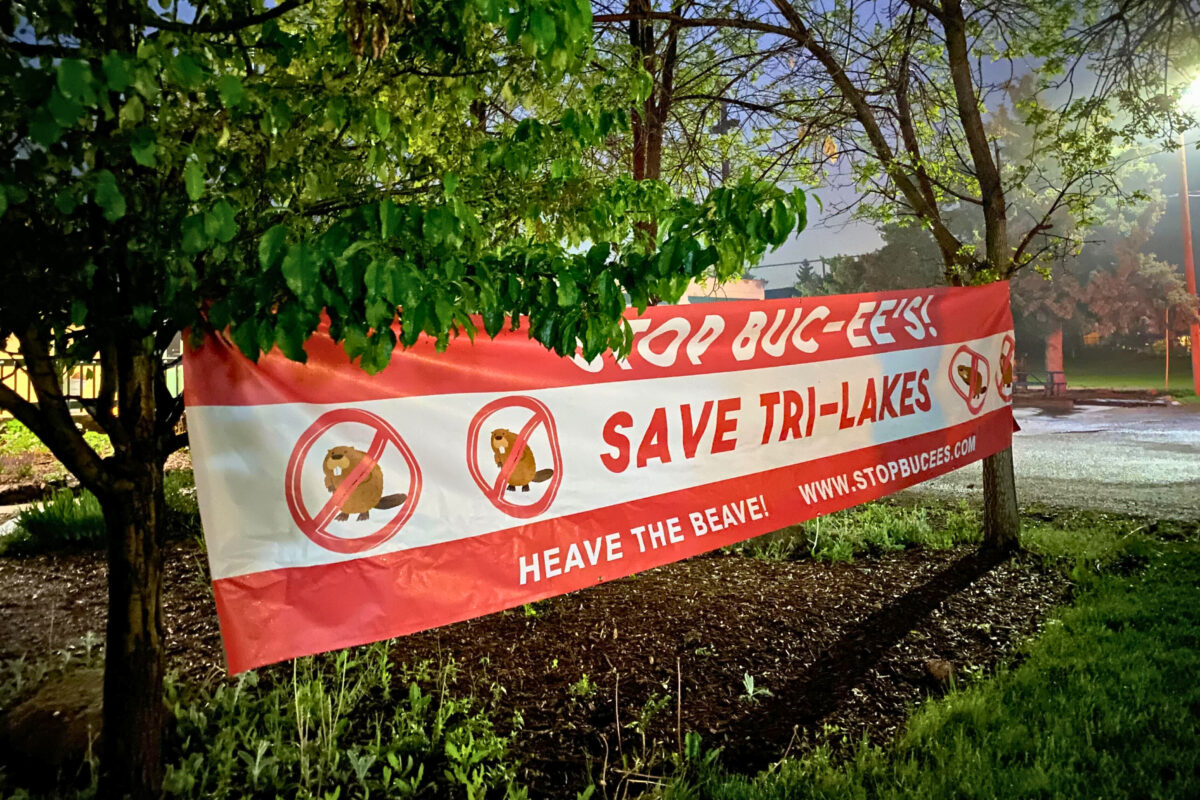
Gov. John Hickenlooper said Thursday he would not sign a legislative bill that would make it easier to residents to sue oil and gas companies for damage caused by earthquakes induced by operations that pump wastewater down into underground wells.
The U.S. Geological Survey released maps this week that show the most likely places for those earthquakes to occur, NPR reports:
7 million people are now, suddenly, living in quake zones. There are 21 hot spots where the quakes are concentrated. They're in places where, historically, noticeable earthquakes were rare: Texas, Colorado, Arkansas, Kansas, New Mexico, and Oklahoma. Ohio and Alabama have also experienced some induced quakes.
State Rep. Joe Salazar, D-Thornton, who sponsored the legislation, says it's a response to concerns over fracking operations that are moving closer to more populated areas. Oil and gas industry groups say fracking is safe and oppose the bill.
The governor studied those maps and isn't convinced of the danger.
"I don’t think there’s a real risk," he said at a Denver lunch hosted by the American Petroleum Institute. "It makes us appear like we’re anti-business. And I think that’s something that’s not conducive to what we’re trying to get done.”
Supporters of the measure say oil and gas companies that cause damaging earthquakes must be held liable. The earthquake liability bill passed the Democratically-controlled House, but faces opposition in the Republican-controlled Senate.
Hickenlooper also said Thursday he opposes a proposed ballot measure that would significantly increase the buffer zone between oil and drilling sites and homes. The proposal would increase setbacks from 500 to 2,500 feet.
If passed, the governor said, the measure would not stand up to legal scrutiny because it could prevent some mineral owners from extracting resources they’re entitled to.
"That would be considered a taking. And I think the state would probably be judged responsible," he said. "The cost could be in the many billions of dollars.”
Hickenlooper attempted to strike a compromise between the industry and those favoring more regulation two years ago. But neither side was happy with the results of the governor's oil and gas task force.









